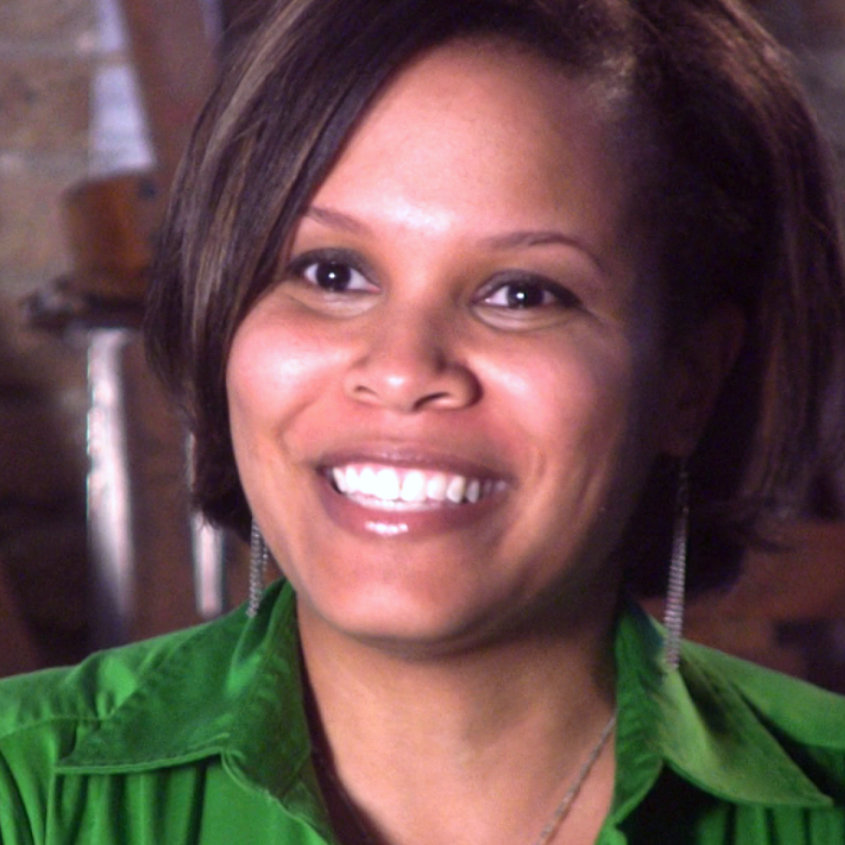Philanthropy411 is currently covering the Communications Network Fall 2013 Annual Conference conference with the help of a blog team. This is a guest post by Akilah Williams, Communications Officer at Crown Family Philanthropies.
 “Until we resolve or build some other kind of America, this is just triage,” said David Simon of “Treme” and “The Wire.” As the first plenary speaker he gave us a wakeup call and emphasized that we simply need to do more – and we must do it with utter credibility. He encouraged us to look beyond the typical motivation of social change, and realize there is no way to deal with everything. However, we must unveil and validate issues with authenticity.
“Until we resolve or build some other kind of America, this is just triage,” said David Simon of “Treme” and “The Wire.” As the first plenary speaker he gave us a wakeup call and emphasized that we simply need to do more – and we must do it with utter credibility. He encouraged us to look beyond the typical motivation of social change, and realize there is no way to deal with everything. However, we must unveil and validate issues with authenticity.
As a four-time Communication Network conference attendee, this year felt the most provocative. It all came down to communications as a movement. How can we propel this even further? Several speakers inspired me to percolate this a bit.
The movement is altruistic and bigger than us. Will of Quicksilver Foundry, urged us to relinquish control in order to take our messages to scale. We must make our messages less about us and more about other people. He explained why it is a more powerful story when people can tell it their way. He was right; we are not in communications, we are in engagement. Emily of Nike Foundation, followed suit to say in order to do this we need to identify an unassailable vision accompanied by a universal ask. Unassailable…I love it! Jeremy of Purpose, also echoed to explain how peer-derived models give ordinary people the ability to shape structure and are thus successful. However, we can’t get too excited because it requires critical discipline.
The movement gives authenticity with dignity. Maria of Latino USA, warmed my heart and made me laugh with her examples of making invisible stories visible. She encouraged us to show people what could be by showing them they have power, and simply embracing human action. Once we realize we have the power to change a narrative, we can become fearless in conversation. Overcoming fear allows us to ask the questions that lead to untold stories. We must also be authentic so people trust their stories with us.
The movement converts. After starting this session with the most massive rock, paper scissors competition, we were ushered into examples of scaling that works. Jill of Playworks, unashamedly admitted that she became the biggest convert who now values communications to move beyond letting people know about them to achieving their organization’s mission. Eric of Fenton reminded us to beware that communications cannot solve every type of problem; however it can help grantees achieve their goals. We can do this by understanding and developing the critical mass. Someone said it best; people are more likely to get behind a cause if they can experience a solution.
The movement is unapologetic. “It’s natural for people to do stuff and say that’s pretty _ cool,” said Junot, acclaimed author and professor. He explained that the social contract of society demands that we present a less complex version of ourselves and our ideas, but we must disconnect from that ideology. It is our ability to tell a specific message that fosters a human connection…which goes back to the prior themes of authenticity and allowing people to possess a message. He believes in encouraging people to test a message to allow them to create ownership.
The movement bolsters the field. In the transformative communications session, capacity building experts shared examples of their processes. Be it toolkits, training sessions, grants to grantees, grants to consultants or peer-to-peer workshops they are all making headway to elevate communications for their grantees. Eva from Chicago Community Trust discussed ways to utilize networks to provide grantees with access to communications training. Tara from Big Duck discussed their Jewish day school social media academy. Session attendees discussed a foundation collaborative to leverage collective funds to provide grants to and train select grantees. Yes!
The movement is palpable. On the way to the airport, in a cab pervasively taking “back roads” to avoid traffic, I had the pleasure of riding with a fellow attendee, Natasha, who embraces the movement through her work with Micro Documentaries. She told me of stories of how their videos tell authentic and actionable stories.
Through it all I returned to Chicago recharged and optimistically overwhelmed. Now begins the never ending question: what is your movement and how will you get moving?






